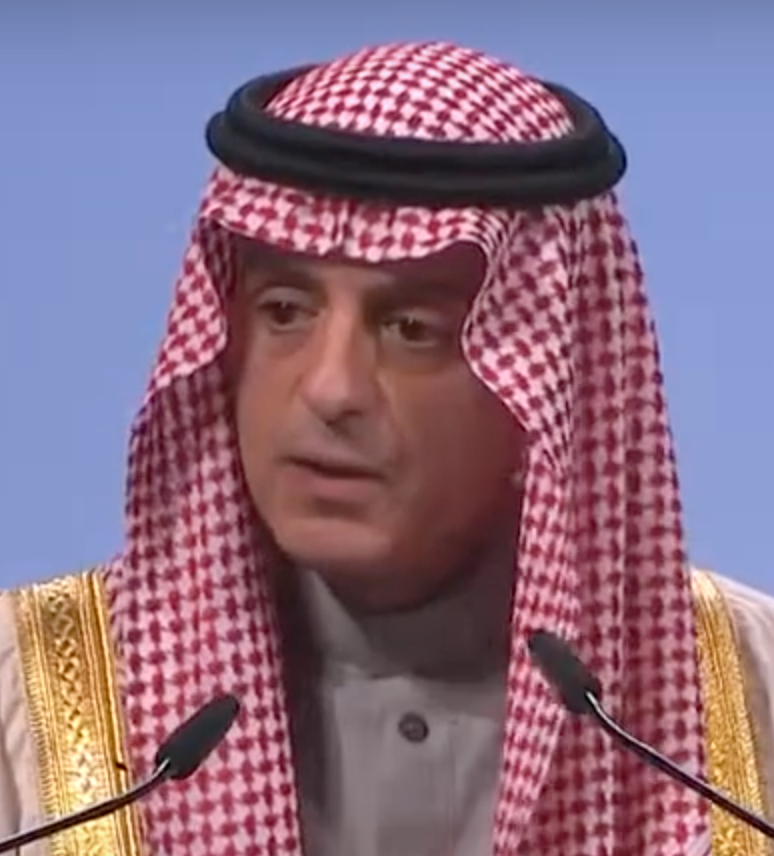Saudi Arabia - Olympic Games Paris 2024
A nation increasingly known for its ambitious sports investments, is also grappling with a stark reality: a dramatic increase in its execution rate.
Saudi Arabia has dramatically increased its spending on sports, from $1.5 billion between 2016 and 2021 to at least $6.3 billion between 2021 and 2023, a more than fourfold increase. During the earlier period, Saudi Arabia experienced a 300% growth in the number of Olympic athlete participants, rising from 11 to 33 people. However, this trend reversed sharply in the 2021 to 2023 period, with the number of Saudi Olympic participants plummeting by 366%, down to just 9 people.
Interestingly, Saudi Arabia's sports spending in the later period exceeded the annual GDP of a country like Fiji, which is $4.9 billion, even though Fiji has 3.5 times more participants than Saudi Arabia in the 2024 Olympics. Based on these data points, it appears that Saudi Arabia's massive investment in sport has not translated into commensurate success, suggesting that the spending has not yielded the expected benefits.
Saudi Arabia's Execution Rate Soars Amidst Sports Investments Saudi Arabia, a nation increasingly known for its ambitious sports investments, is also grappling with a stark reality: a dramatic increase in its execution rate. While the country executed an average of 84 people per year before 2015, this figure has climbed significantly in recent years. From 2015 to 2024, the average number of executions has risen to 130 per year, representing a 50% increase.
This upward trend has become even more pronounced in recent years, with 2022 and 2023 witnessing a particularly alarming spike. In 2022, a staggering 196 people were executed, followed by 172 executions in 2023. This translates to an average of 184 executions per year during this period. The sharp increase in executions comes at a time when Saudi Arabia is actively investing in sports, hosting major events, and signing lucrative deals with international athletes. This strategy, aimed at enhancing the country's international image and promoting itself as a modern and progressive nation, stands in stark contrast to the grim reality of its rising execution rate Saudi Arabia, a nation with a population of less than 37 million, is making a significant push into the world of sports. With a youthful demographic, where 63% of the population is under 30, the Kingdom is investing heavily in sporting endeavors, particularly in recent years.
This investment is evident in the upcoming hosting of international esports games, strategically timed to coincide with the Paris Olympics. while Saudi Arabia boasts a staggering 67% of its population as gamers, exceeding 21 million young individuals, there is a noticeable lack of investment in traditional sports that could potentially lead to genuine sporting success on the world stage. The focus on esports, while popular among the youth, is seen by some as a deliberate strategy to distract from the Kingdom's human rights abuses and political shortcomings. The timing of the international esports games, coinciding with the Paris Olympics, further fuels this suspicion. By hosting such events, Saudi Arabia aims to project an image of modernity and progress, overshadowing its internal issues.
While the Kingdom's investments in sports may entertain its young population, the lack of focus on developing world-class athletes in traditional disciplines raises serious questions about the true purpose of these expenditures.
"Saudi Arabia is on track to shatter its own grim record for executions in a single year. The kingdom has already executed over 100 people since the beginning of 2024, and with the current pace of executions continuing, it is poised to surpass the previous high of over 200 executions in a single year." Said a Saudi Dissident that wishes to remain anonymous for safety reasons.
"The correlation is startling to think about. I personally would think that they were afraid to enter too many people into the Olympic games. After all, giving someone who cannot be trusted to keep their mouth shut is dangerous to the already fragile reputation MBS has been trying to build. There is also the fact that very recently a Saudi female fitness instructor Manahel al-Otaibi was sentanced to 11 years in prison for asking for her human rights. It begs the question, how many other potential athletes were not put forward because they were considered a risk if given a platform to do so and how many potential athletes are either dead of locked up for speaking out?" - Elise Evans Martin.
Author: HRM - Saudi Students Working On Saudi Human Rights
Elise Evans Martin
Proud Dissident of Saudi Arabia | Female Women's Rights Activist
Author | Speaker & Executive Director of HRM (Human Rights Matter)


